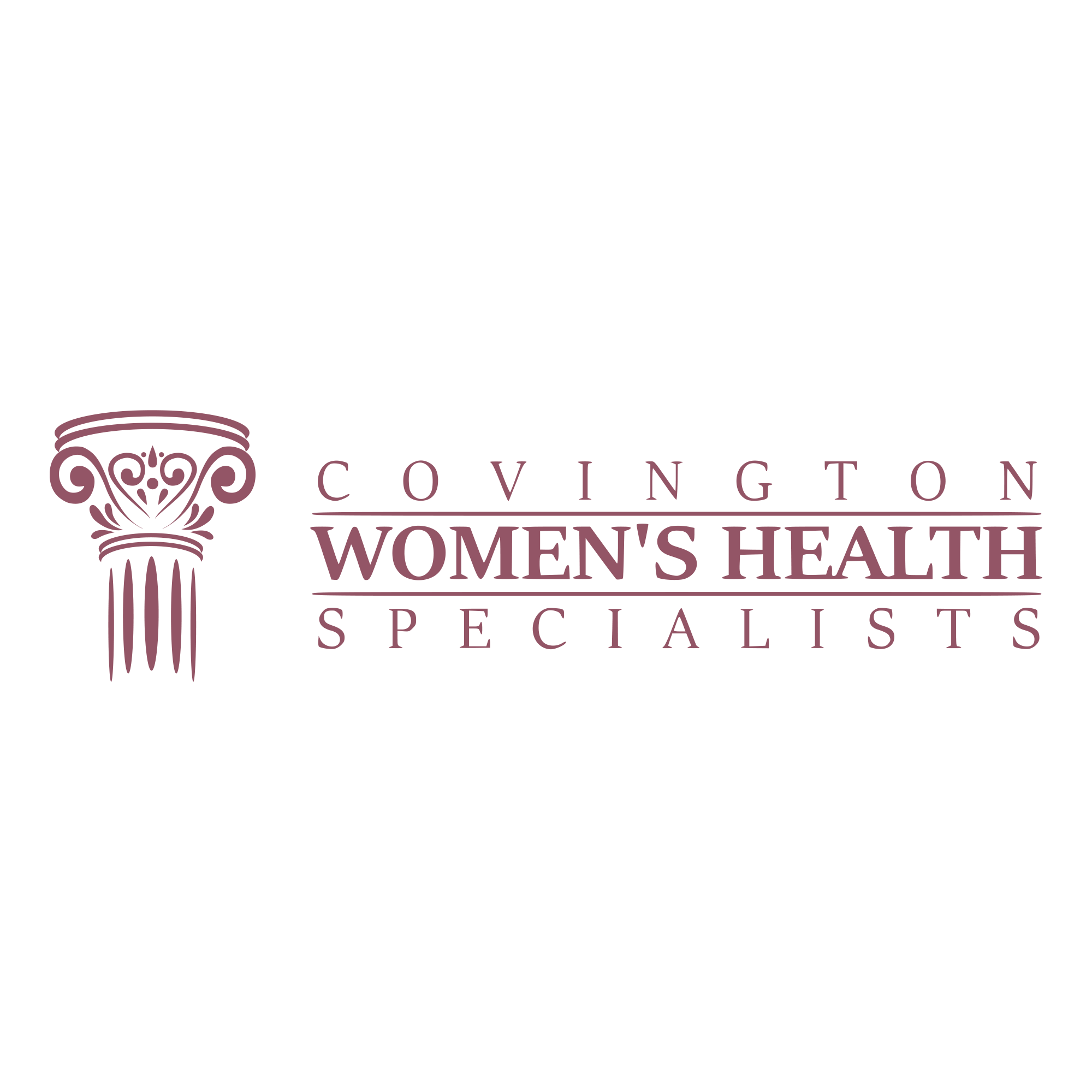Safe and Recommended Vaccinations During Pregnancy
Vaccines are important for protecting you against serious illness at every stage of life. When you’re pregnant, having this protection is especially important because physiological and immunological changes are taking place in your body, and these changes can increase your risk of infections and their severity.
In addition to safeguarding pregnant women from severe illness, the antibodies produced by the mother’s body can pass across the placenta, offering the baby protection from illnesses after birth. Unlike some illnesses for which babies do not begin receiving vaccinations until two months of life, the antibodies acquired from the mother provide immediate defense. Starting life with protection against common and severe illnesses promotes a baby’s health and shields them during the first two to six months, before their own vaccinations are complete.
Fortunately, the following vaccinations can protect you and your growing baby against contagious illnesses when you’re most vulnerable. At Covington Women’s Health Specialists, we recommend pregnant patients receive the following vaccines and break down the reasoning for each one.
Whooping Cough
Whooping cough (also known as pertussis) is an extremely contagious respiratory tract infection. It gets its name from the high-pitched inhalation that follows a severe hacking cough. This dry, irritating cough can become so intense that it causes vomiting or apneas (periodic interruptions in breathing). While the illness can be severe for babies and young children, adults often experience a mild form and may not even be aware that they are ill, unknowingly spreading the virus. As a result, newborns can be unintentionally exposed.
Fortunately, pregnant women can receive the TDAP vaccination for whooping cough— protecting themselves and their unborn babies. We recommend you receive the vaccine between 27 and 36 weeks gestation of each pregnancy. This time frame ensures that the antibodies passed along to your baby will be at the highest concentration at the time of birth.
Flu
The flu vaccination is recommended by the CDC for everyone over the age of six months. Flu complications can be serious for anyone, but are particularly dangerous for pregnant women and newborns. With the systemic changes that come with pregnancy, and your baby’s underdeveloped immune system, the flu virus can be life-threatening for you both.
The good news is that your risk of catching the flu (or developing a severe case if you do get it) is much lower when you get your flu shot. If you’re pregnant during flu season (typically October through May), you can get vaccinated during any trimester. We recommend receiving your shot as soon as it becomes available so you have immunity for the full flu season.
Respiratory Syncytial Virus (RSV)
RSV is a contagious virus that causes lower respiratory tract or lung infections. Because RSV causes thousands of hospitalizations of young children each year, medical experts have been working hard to develop an effective vaccine.
Recently, the Pfizer RSV vaccine has been approved by the FDA for patients who are between 32 and 36 weeks’ pregnant during RSV season, which runs from September through January. Being vaccinated during this timeframe can protect your baby against severe infection caused by RSV after birth until up to six months of life. The vaccine is offered at the local health department.
COVID-19
If you’re pregnant and not up-to-date on your COVID-19 vaccine or boosters, make a point to become so. Women who are pregnant or were pregnant recently are more likely to become seriously ill from the virus, but getting the updated vaccine reduces risks of complications for both you and your baby.
The vaccine is safe during pregnancy, with data showing no indications of increased risk of complications. Vaccination and booster recommendations vary based on the time since your last dose and the first vaccine you received, so talk to your provider during your next prenatal care visit if you’re unsure whether or not you are fully protected. The vaccine, along with boosters, is offered at the local health department.
Contact Your Provider for Questions About Vaccinations During Pregnancy
There’s a lot to think about when you’re expecting, and vaccinations are only part of routine prenatal health care, which is why we’ve compiled a pregnancy guide to give you a thorough overview in one convenient location. And with our top-notch prenatal care, you can rest assured both you and your baby are in the best of hands throughout your pregnancy. Request your prenatal appointment online or by calling our office at (770) 385-8954 to discuss and get personalized guidance for your health journey.








